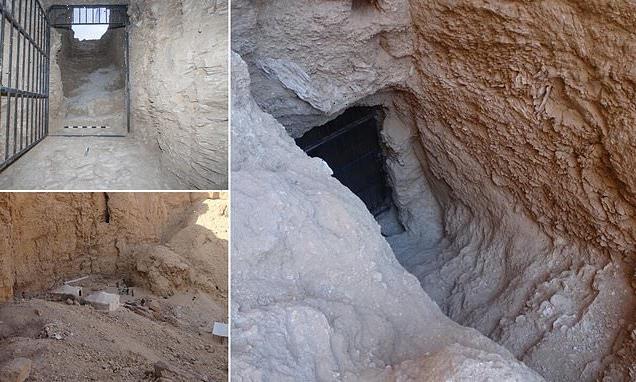Adam Scorer calls for ‘targeted financial support’ on energy bills
We use your sign-up to provide content in ways you’ve consented to and to improve our understanding of you. This may include adverts from us and 3rd parties based on our understanding. You can unsubscribe at any time. More info
An energy boss has warned that households can expect their gas and electricity bills to stay high for the foreseeable future, despite gas prices dipping to pre-Ukraine war levels. Anders Opedal, CEO of Norway’s Equinor, says energy bills are unlikely to reach pre-Covid levels as the world transitions away from fossil fuels. In an interview with the BBC, Mr Opedal also claimed that the Government’s windfall tax is not going to do Britain many favours either as it could scupper investment in the UK. This is despite energy giants raking in record profits amid a price crisis.
It comes after Russian President Vladamir Putin’s supply cuts to Europe in the build-up to the Ukraine invasion had a major knock-on impact on UK households, with the average home now paying double the amount before the conflict.
Mr Opedal, whose company is one of the biggest energy firms in Europe, says a lot needs to be done before energy bills reach around £1,300 or lower, which was the maximum amount households were paying before Covid.
He told the BBC that there is “a kind of re-wiring of the whole energy system in Europe particularly after the gas from Russia was taken away”.
The energy boss added that more investment in renewables is required, citing new emerging technologies like hydrogen as an example.


He said: “This will require a lot of investment and these investments need to be paid for, so I would assume that the energy bills may slightly be higher than in the past but not as volatile and high as we have today.”
Mr Opedal added that “we need to treat energy as something that is not abundant”, saying “I think we have had a lot of cheaper energy in the past and we probably wasted some of it, so we need to make sure we’re making the right investments now [and] everyone [should] use as little energy as possible.”
This also comes after gas prices dipped to pre-Ukraine war levels earlier this month. However, Dr Anna Valero, a senior policy fellow at the LSE’s Centre for Economic Performance, told Express.co.uk that current prices were “not expected to result in much cheaper energy bills for the foreseeable future as gas prices are expected to remain high over the coming year.”

But while millions of Britons suffer the consequences of higher energy costs in the UK, Norwegian firms have raked in staggering profits.
Even though the UK only got around five percent of its gas from Russia annually before the Ukraine conflict, the integrated global market meant Britain still had to pay a high price.
That is partly because Norway, the UK’s main gas supplier (Britain gets around 60 percent of its supplies from Norway), was able to sell its gas at the inflated market prices.
Britain’s trading partner on the other side of the North Sea has previously come under fire for profiting from Putin’s war because of this. According to forecasts, Norway’s gas profits could surge above £119billion in 2023. Before the Russian invasion of Ukraine, the Baltic nation made around £24billion in annual oil and gas revenues.
DON’T MISS
Calls for more Covid data from China after report of 60,000 deaths [REPORT]
Energy market crash could spark eye-watering 674bn loss for UK [REVEAL]
National Grid’s blackout update as wind power record smashed [INSIGHT]


In September, Norwegian opposition party lawmaker Rasmus Hansson said it was “morally wrong” that his country was reaping the benefits of such a brutal conflict.
He told Politico: “We think Norway is being short-sighted and too selfish. We are getting a windfall profit which is very big, but the question is does that money belong to us as long as the most obvious reason for that price increase and that extra income is the disaster that has befallen the Ukrainian people?”
Instead of charging European allies astronomical prices, he explained that his country could instead have experts set what they believe to be a “normal” gas price, claiming that everything above that should be viewed as war profits and be redistributed.
Equinor’s Norwegian operations make up around two-thirds of its oil and gas business. The remainder of its oil and gas business is distributed across 30 countries.
Source: Read Full Article


